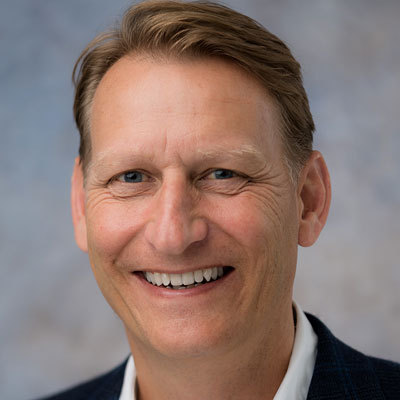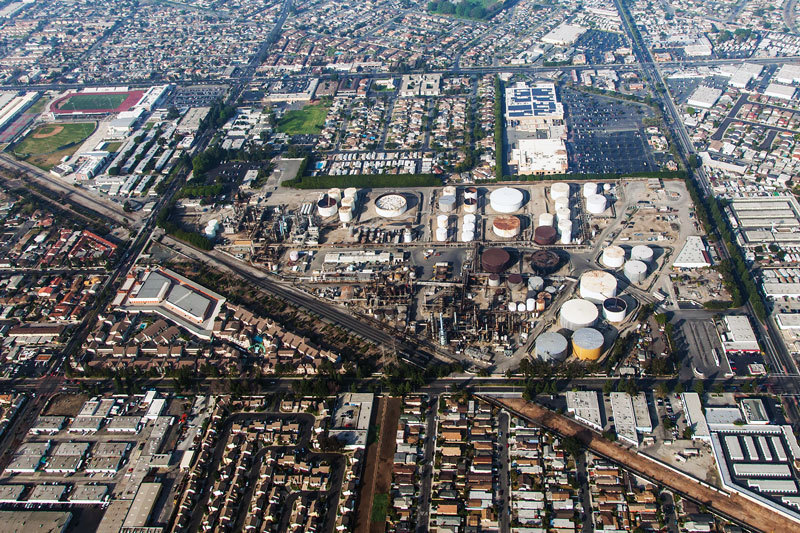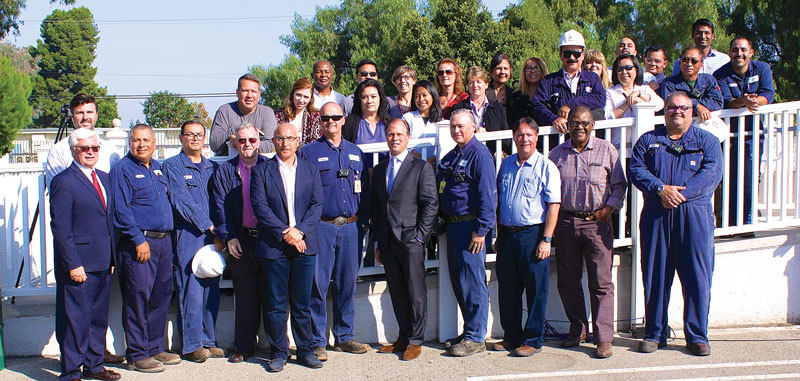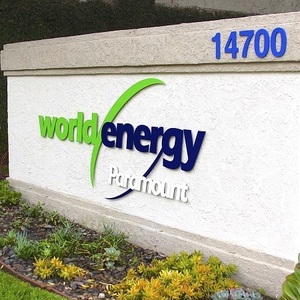World Energy's Big Year





PHOTO: WORLD ENERGY LLC
January 2, 2019
BY Ron Kotrba
World Energy has been a mainstay of the American advanced biofuels industry for more than 20 years, but its most recent year was unlike any other. The veteran biodiesel company began 2018 with four biodiesel plants located in Harrisburg, Pennsylvania (45 MMgy); Rome, Georgia (18 MMgy); Natchez, Mississippi (72 MMgy); and a joint-venture plant with Biox Corp. in Houston, Texas (90 MMgy).
In March, the company announced that it had taken on a significant new investment partner led by Halifax, Nova Scotia-based CFFI Ventures. The deal, with an aggregate value of $345 million, also included the acquisition of Canada’s Biox Corp. and its two plants—the company’s 17.7 MMgy flagship facility in Hamilton, Ontario, and an idled 13.2 MMgy plant in Sombra, Ontario—as well as Biox’s interests in the Houston joint venture.
That same month, World Energy announced it had closed on the purchase from Delek US Holdings Inc. of its interests in renewable jet and diesel producer AltAir Paramount LLC, its Paramount Petroleum LLC refinery assets, both co-located in Paramount, California, as well an adjacent tank farm and most of Delek’s California pipeline assets.
The purchase included a 66-acre complex consisting of a 45 MMgy renewable diesel and biojet fuel production facility, 1.7 million barrels of product storage, a truck rack with 28,000 barrels per day of throughput capacity, rail storage for up to 55 railcars, and pipelines stretching more than 71 miles connecting the facility to major southern California distribution hubs, including Long Beach. World Energy also continues its ongoing partnership with United Airlines to supply renewable jet fuel to its hub at LAX for daily flights. In September, World Energy was in the news again when it partnered with United Airlines to power the longest-ever transatlantic biofuel flight from San Francisco to Zurich, Switzerland.
In late October, just seven months after announcing the deal to acquire the Paramount facility, World Energy made headlines again, this time revealing that it is making a $350 million investment in the Paramount site to complete the former oil refinery’s full conversion to produce more than 300 MMgy of renewable diesel, jet fuel, green gasoline and propane.
Still, the company’s big year was not yet finished. As the year came to a close, Biodiesel Magazine learned that World Energy closed in December on the purchase of the idled 40 MMgy former Ecogy Biofuels facility in Estill, South Carolina.
By year’s end, the company had doubled the number of production facilities it now owns including plants stretching from the East to West coasts and from the U.S. Gulf Coast to the Canadian shores of Lake Ontario. Its product offerings have been expanded to encompass fully blended low carbon fuels including those containing biodiesel, renewable diesel and renewable jet fuel. It has also dramatically expanded its distribution footprint, most notably with the establishment of its substantial new Paramount distribution hub in the very important California market.
Scale for a Purpose
The company’s significant growth in 2018 didn’t just happen by chance. Rather, World Energy has been on a long and sustained path to build efficient scale so that it can service its customers and partners more effectively. “Our aim is not just to sell more biodiesel,” says Gene Gebolys, founder and CEO of World Energy. “Our aim is to help leaders drive change. It is no longer a viable option for large-scale companies and institutions to ignore the impact of their carbon footprint. Decision makers are increasingly aware that how they handle their carbon footprint challenges is central to determining their success and our collective well-being. We are hell-bent,” he adds, “on empowering those who choose to lead. Our supply chain is being built to be of maximum service to those who partner with us to reduce their fossil fuel use in an effective way at scale.”
Bryan Sherbacow, who co-founded and led AltAir, and Scott Lewis, who was the longtime commercial chief at Biox, are now helping to lead the charge at World Energy. “California’s Low Carbon Fuel Standard is changing everything about the fuel industry in California with implications that stretch far beyond the state’s borders,” Sherbacow says. “And it’s on track now to steadily continue to expand.”
Lewis says, “Low carbon fuel markets are now emerging on both sides of the Canadian border in ways that will dramatically impact all fuel market participants. Our mission at World Energy is to help companies navigate those changes successfully.”
Advertisement
Advertisement
According to Sherbacow, World Energy has also expanded down the supply chain to increase its distribution capabilities. “This network of distribution hubs and partnerships allows World Energy to supply blends of its biodiesel, renewable hydrocarbon diesel and biojet fuel throughout North America,” Sherbacow says.
What the Future Brings
World Energy executives say a lot of work still lies ahead. “To be truly effective in fulfilling our mission for our partners,” Gebolys says, “we need to operate excellently at all aspects of the supply chain.” To that end, the company is investing heavily in upgrading its facilities, improving its access to feedstocks, and expanding its downstream distribution reach.
If 2019 looks anything like 2018, the team at World Energy can expect to be very busy.
Author: Ron Kotrba
Editor, Biodiesel Magazine
218-745-8347
rkotrba@bbiinternational.com
Advertisement
Advertisement
Related Stories
Broco Energy on July 17 announced a new partnership with the Massachusetts Port Authority (Massport) to deliver and transition Massport's fuel tanks to renewable diesel across its various facilities.
Shell Aviation, Accenture, and Amex GBT on July 10 announced Avelia is in the process of evolving to an industry solution with independent data hosting and a multi-supplier model helping users access the GHG benefits of SAF.
The U.S EPA on July 17 released data showing more than 1.9 billion RINs were generated under the RFS during June, down 11% when compared to the same month of last year. Total RIN generation for the first half of 2025 reached 11.17 billion.
The U.S. EPA on July 17 published updated small refinery exemption (SRE) data, reporting that six new SRE petitions have been filed under the RFS during the past month. A total of 195 SRE petitions are now pending.
European biodiesel producer Greenergy on July 10 confirmed plans to shut down its biodiesel plant in Immingham, Lincolnshire, U.K. The company temporarily suspended operations at the facility earlier this year.
Upcoming Events










